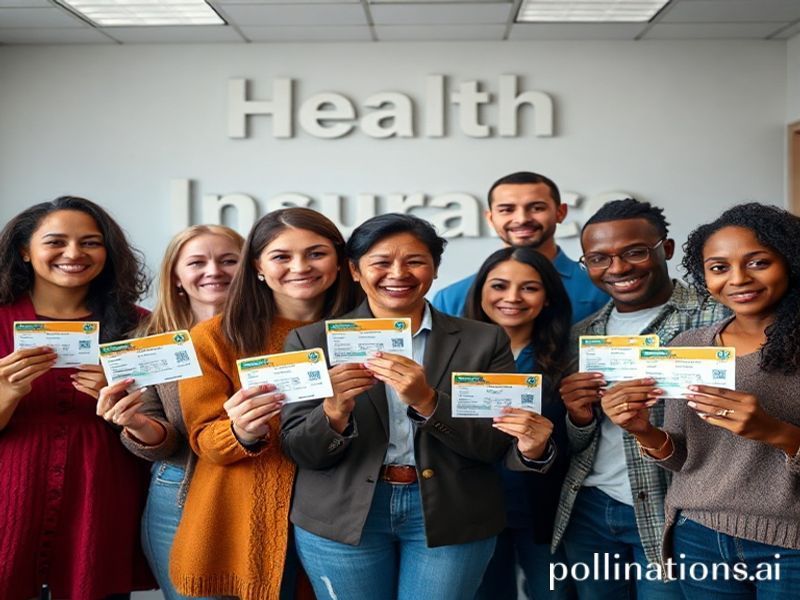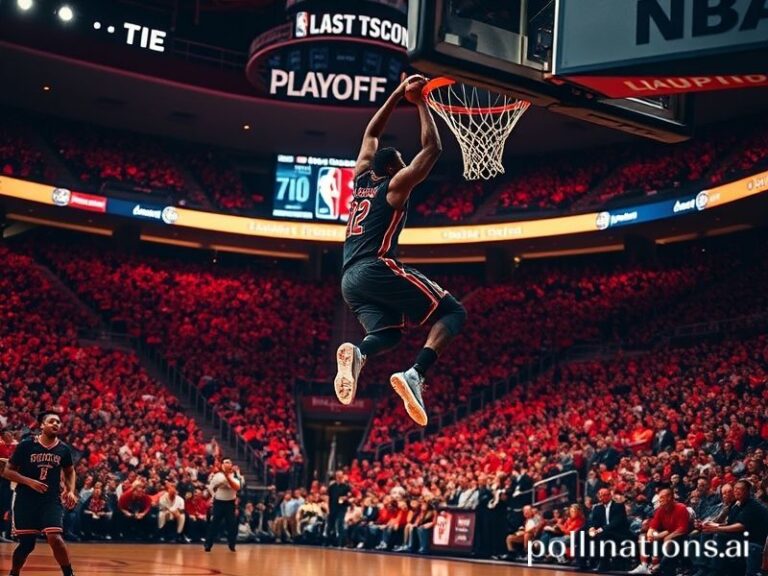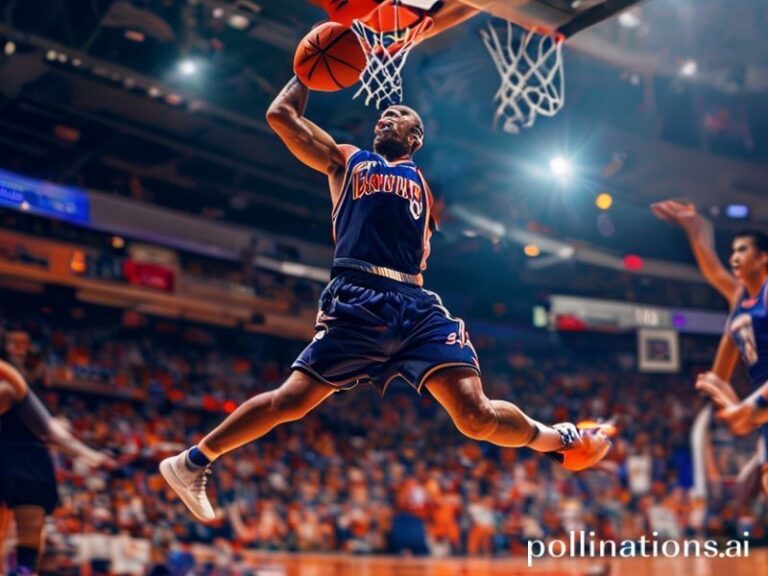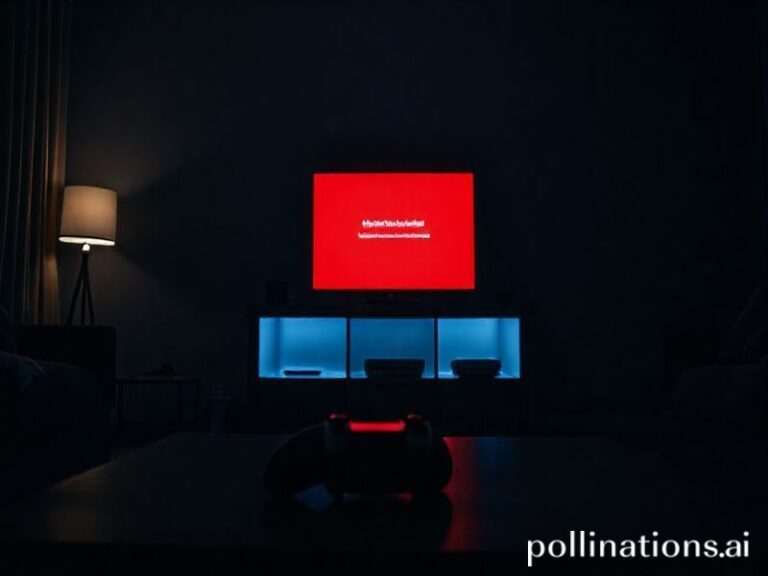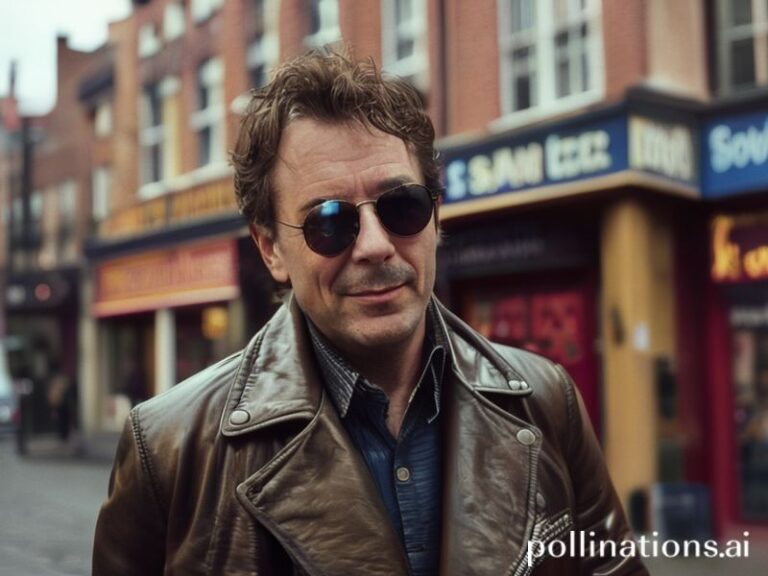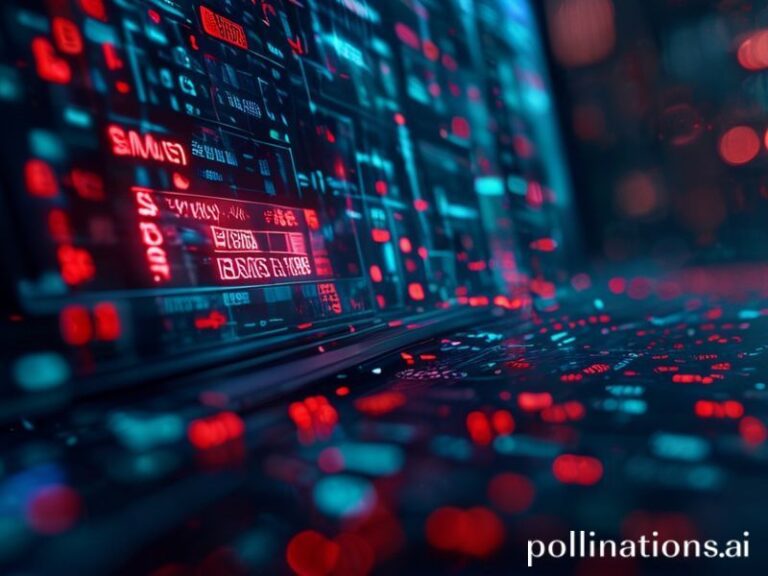Health Insurance: The Unexpected Global Trend That’s More Dramatic Than Your Favorite Soap Opera
# “Health Insurance: The Global Plot Twist No One Saw Coming”
In the grand, unpredictable soap opera that is life, health insurance has suddenly stolen the spotlight, becoming the unexpected protagonist of global trends. But why, you ask, is this typically snooze-worthy topic suddenly trending harder than a viral dance challenge? Let’s dive in, shall we?
## The Cultural Context: A Global Health Insurance Meme
Health insurance has become the ultimate cultural meme, transcending borders and languages. It’s the “Distracted Boyfriend” of global trends, capturing the collective consciousness with its relatable struggle. From the United States to the United Kingdom, from India to Australia, people are suddenly talking about health insurance like it’s the hottest new Netflix series.
In the U.S., the Affordable Care Act (or “Obamacare,” as it’s affectionately known) has been the talk of the town, with open enrollment periods sparking more debate than a heated Twitter thread. Meanwhile, in the UK, the National Health Service (NHS) is facing its own drama, with Brexit adding a twist to the plot. Even in countries with long-standing universal healthcare systems, like Canada and Germany, people are suddenly paying attention to health insurance like never before.
## The Social Impact: A Viral Trend with Real Consequences
This global health insurance trend isn’t just about memes and hashtags. It’s having a real, tangible impact on society. For one, it’s sparking conversations about healthcare inequality and access. People are realizing that health insurance isn’t just about paying for doctor’s visits—it’s about having a safety net, a lifeline in times of crisis.
Take, for example, the COVID-19 pandemic. The global health crisis has shone a spotlight on the importance of health insurance, with many people suddenly finding themselves in need of medical care they can’t afford. In the U.S., the pandemic has led to a surge in health insurance enrollment, with millions of people signing up for coverage through the Affordable Care Act.
But the social impact of this trend goes beyond just enrollment numbers. It’s also sparking a cultural shift, with people demanding more transparency and accountability from insurance companies. They’re calling for policies that put people over profits, and they’re using their collective voice to make a difference.
## The Significance: Why Health Insurance Matters Now More Than Ever
So, why is health insurance trending now, more than ever? The answer is simple: it matters. In a world where healthcare costs are skyrocketing and access to care is becoming increasingly unequal, health insurance is no longer a luxury—it’s a necessity.
But beyond the practical reasons, health insurance is also a symbol of something bigger. It’s a symbol of hope, of security, of the promise that we’ll be taken care of when we need it most. In a world that often feels uncertain and chaotic, health insurance offers a sense of stability, a reminder that we’re not alone.
## The Plot Twist: The Future of Health Insurance
As the global health insurance trend continues to evolve, one thing is clear: the future of health insurance is uncertain. But that’s what makes it so exciting. It’s like the final season of your favorite TV show—you don’t know how it’s going to end, but you can’t wait to find out.
Will we see a global shift towards universal healthcare? Will insurance companies step up to the plate and put people first? Or will we continue to struggle with a system that’s broken and in desperate need of repair? Only time will tell.
One thing’s for sure, though: health insurance is no longer just a topic for policy wonks and insurance geeks. It’s a global trend, a cultural phenomenon, a conversation that’s happening in living rooms, on social media, and in the halls of power. And it’s a conversation that’s not going away anytime soon.
So, buckle up, folks. The health insurance drama is far from over. And who knows? Maybe, just maybe, we’ll all live to see a happier ending.

